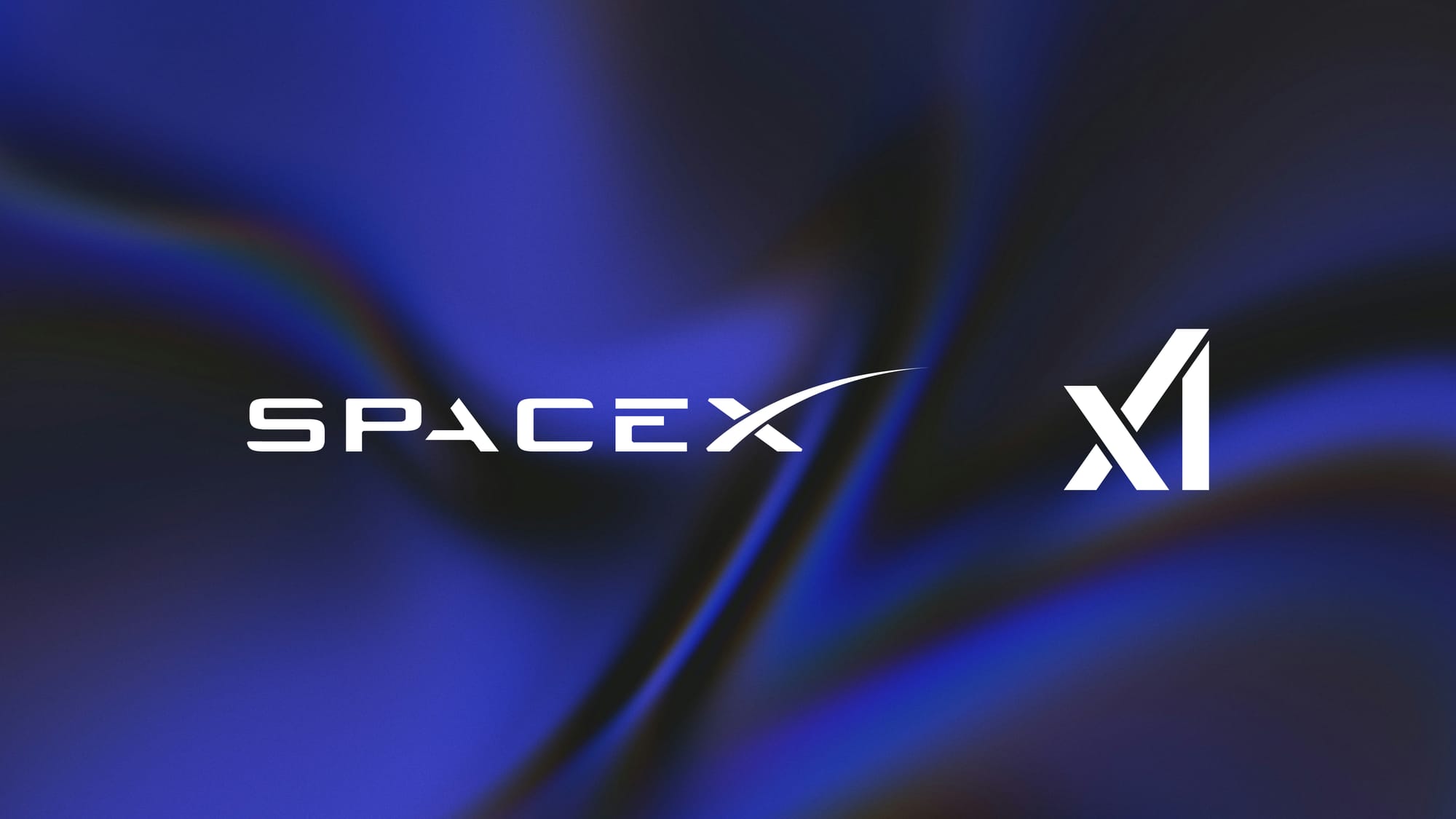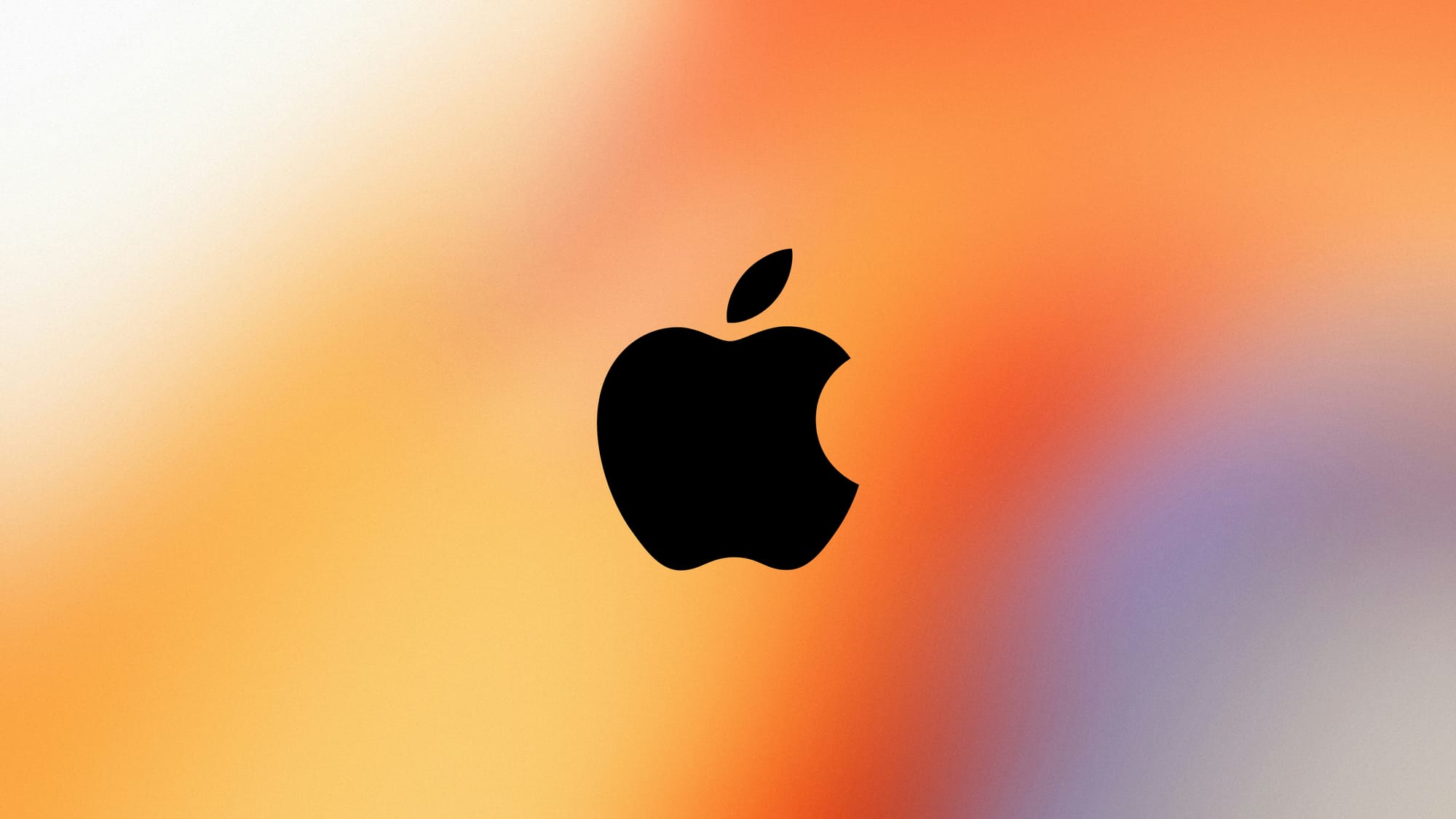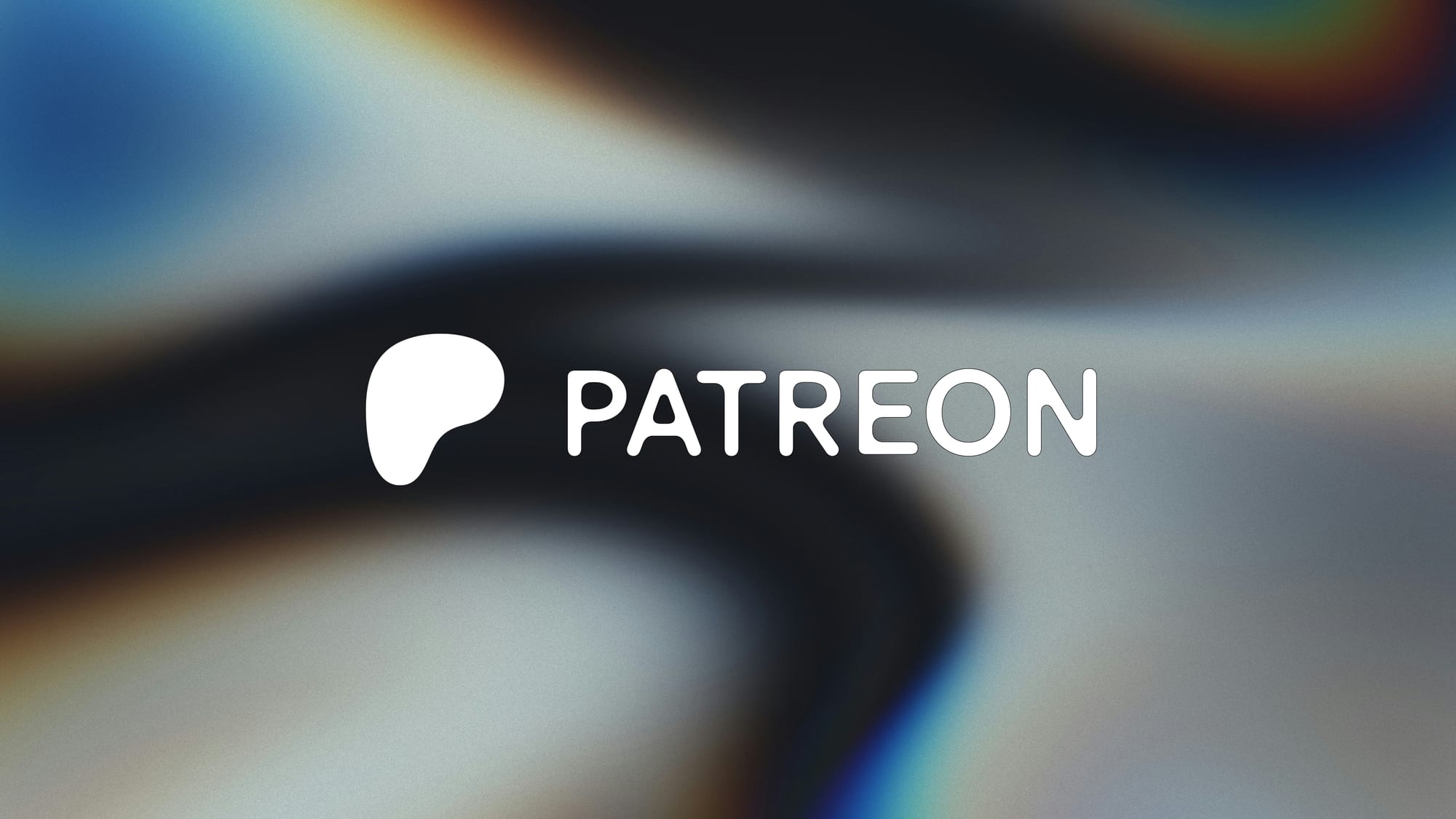The modern American workplace has fallen into a dangerous delusion: we've convinced ourselves that staying busy equals being productive. Yet research reveals this couldn't be further from the truth, and understanding the distinction could revolutionize how millions of professionals approach their daily work.
The Costly Illusion of Motion
Ernest Hemingway captured this phenomenon perfectly when he said, "Never mistake motion for action". Today's workers are drowning in what experts call the "illusion of productivity"—constantly moving but rarely advancing toward meaningful goals. Harvard Business Review warns that evaluating employees based on busyness is "a terrible way to identify the most creative and productive talent".
The numbers paint a stark picture of this crisis. Despite all our frantic activity, only 21% of workers globally were engaged at work in 2024, representing a significant decline and contributing to an estimated $438 billion in lost productivity. Meanwhile, psychological studies demonstrate that multitasking—often mistaken for productivity—actually reduces efficiency by up to 40%.
Tim Ferriss, author of "The 4-Hour Workweek," provides perhaps the most direct guidance:
"Focus on being productive instead of busy".
This simple shift in mindset distinguishes high achievers from those stuck in endless cycles of unproductive activity.
The Science Behind True Productivity
Productivity isn't about doing more things—it's about doing the right things exceptionally well. Research from the University of Oxford shows that happy workers are 13% more productive, suggesting that sustainable productivity stems from purposeful engagement rather than frantic busyness.
Surprisingly, recent studies reveal that moderate busyness enhances cognitive performance when properly channeled. Research published in PLOS ONE found that busier people demonstrated better processing speed, working memory, and reasoning abilities—but only when their busyness involved meaningful, goal-oriented activities.
The key lies in strategic focus. As productivity expert David Allen explains:
"If you don't pay appropriate attention to what has your attention, it will take more of your attention than it deserves".
This principle distinguishes productive professionals from those who merely spin their wheels.
The American Productivity Renaissance
The United States is experiencing a remarkable productivity surge. Labor productivity grew 2.7% in 2023—nearly matching the exceptional 2.9% pace of the 1990s tech boom and far exceeding the 1.5% annual average since 2004. This growth continued into 2024 with a 2.3% increase, driven by more innovative work practices rather than more extended hours.
Companies embracing artificial intelligence report 72% high productivity rates, while 75% of knowledge workers say AI helps them save time and focus better. This technology-enabled productivity boom demonstrates that working smarter, not harder, drives real results.
Practical Strategies for Productive Excellence
Stephen Covey's timeless advice provides the foundation:
"The key is not to prioritize what's on your schedule, but to schedule your priorities".
This means ruthlessly eliminating non-essential activities that create the illusion of progress.
Gary Keller, successful entrepreneur and author, advocates replacing to-do lists with "success lists"—shorter, more focused inventories built around extraordinary results rather than busy work. As management consultant Peter Drucker noted:
"Nothing is less productive than to make more efficient what should not be done at all".
Dan S. Kennedy offers perhaps the most comprehensive definition:
"Productivity is the deliberate, strategic investment of your time, talent, intelligence, energy, resources, and opportunities in a manner calculated to move you measurably closer to meaningful goals".
Breaking Free from Busyness Culture
The path forward requires courage to reject America's toxic busyness culture. Research shows that workers who focus on fewer, higher-impact activities consistently outperform their perpetually busy counterparts. This means saying no to meetings that don't advance objectives, declining projects that scatter focus, and protecting time for deep, meaningful work.
As Bruce Lee wisely observed, "The successful warrior is the average human being, with laser-like focus". In an economy where Gallup estimates that boosting employee engagement could add $9-10 trillion to global GDP, the professionals who master productive focus will lead tomorrow's workplace transformation.
Actual productivity isn't about endless motion—it's about purposeful action that creates lasting value. The choice between busyness and productivity will define not only individual careers but also America's competitive future in the global economy.














Discussion